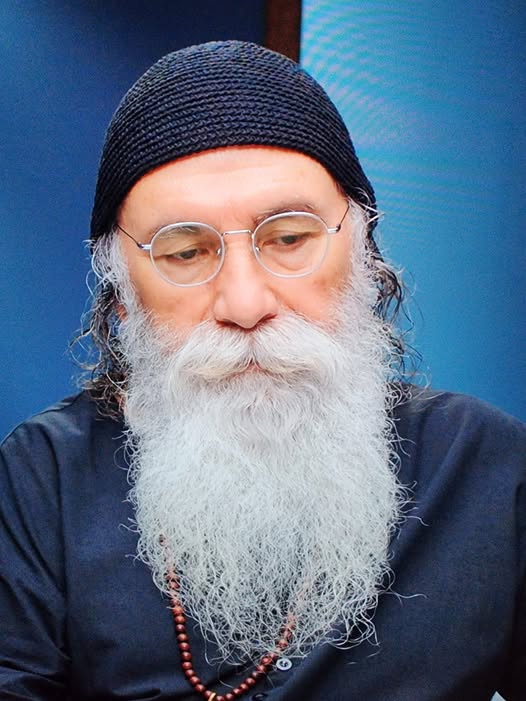“Meditation is not thinking, acting, or producing. It is inhabiting the present with undivided attention. There is no goal; a way of being is awakened.
In the words of the Buddha:
Atta hi attano natho
ko hi natho paro siya
attana hi sudantena
natham labhati dullabham.
“One is, in fact, one’s own refuge; how can others be a refuge for one?”
(cf. Dhammapada, 160)
Meditation, when properly understood, adds nothing. It eliminates the superfluous until it reveals the essential: the lucid stillness of an unpretentious mind.
As Śaṅkara taught:
“ब्रह्म सत्यं जगन्मिथ्या जीवो ब्रह्मैव नापरः।“
”Brahman is real, the world is illusory, and the individual self is not separate from Brahman.”
Meditation does not create truth. It removes the veil that hides it. And that unveiling does not depend on time, but on clarity. When you meditate, silent processes begin. Something is rearranged without your intervention. And although you may not always notice it, its action is decisive.
As Dōgen wrote in the Shōbōgenzō:
正法眼蔵は身心脱落なり。
“The true Dharma of the eye is the abandonment of the body and mind.”
To meditate is to stop identifying with what you believe yourself to be. Meditation is an adventure without a map. There is no destination, but there is a direction: the transparency of being. And when you stop doing, thinking, or searching, a joy without cause arises. It is not generated, it appears. It cannot be explained, only inhabited.
That joy does not depend on external conditions. In the words of the Buddha:
“Nirvana is the supreme delight.” (cf. Udana, 92)
Existence does not need to be justified. Its mere presence, when seen without intermediaries, is enough.
Meditating, therefore, is returning to the obvious, without additions. Meditating is disappearing without leaving, without going away, and being present without taking up space.
Prabhuji




